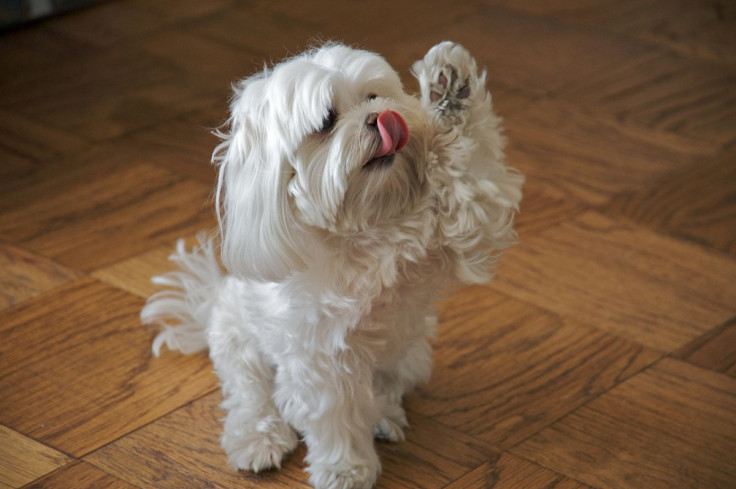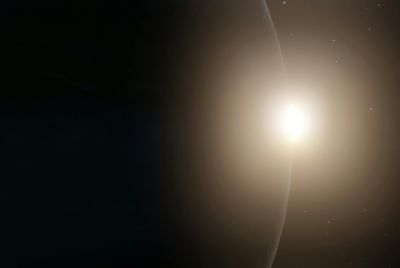Dogs Get Jealous of Other Dogs When Owners Pet Them

Dogs get jealous of other dogs when their owners switch attention to them and will actively try to break up the relationship, scientists have discovered.
While most owners will say their dogs can show signs of jealousy, researchers have argued for many years over the phenomenon – some argue that jealousy requires complex cognition or that it is a social construct developed by some human societies.
Researchers from the University of California, San Diego, have for the first time detected jealous behaviour in dogs and have found what they believe to be a primordial form of jealousy.
Published in PLOS One, Christine Harris and Caroline Prouvost had owners show affection to what appeared to be another dog – a stuffed toy that barked and wagged its tail. The test was one that had been modified from studying jealousy in babies.
Dogs responded by snapping and pushing at their owner or rival. They were twice as likely (78%) to display these behaviours in comparison to when the owner was interacting with a novel object and almost four times as likely when the owner was distracted with a book.
Harris said: "Our study suggests not only that dogs do engage in what appear to be jealous behaviours but also that they were seeking to break up the connection between the owner and a seeming rival.We can't really speak to the dogs' subjective experiences, of course, but it looks as though they were motivated to protect an important social relationship."
Researchers believe that dogs evolved to be jealous to secure resources, including valued relationships that provide food, attention, care and affection. Studies on human jealousy show that babies and young children display signs of the green-eyed monster, suggesting it is "wired" into us.
"Many people have assumed that jealousy is a social construction of human beings – or that it's an emotion specifically tied to sexual and romantic relationships," Harris said. "Our results challenge these ideas, showing that animals besides ourselves display strong distress whenever a rival usurps a loved one's affection."
© Copyright IBTimes 2025. All rights reserved.






















